Read Time: 5 Minutes Subscribe & Share
Growing A Greenish Thumb
I was born with a black thumb. But over time, I discovered that not killing a purchased plant was possible, especially if I remembered to water it and at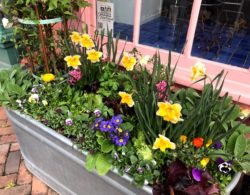 least look up the amount of sunlight it needs. I am all in on filling up my wagon with fledgling plants every spring, but this year, as part of my Guerilla Garden project, I am going to try to grow some seeds. Survivors will have a chance to show off around my two adopted tree wells, horse troughs and various containers on the sidewalk in front of my building. And with little monitoring, let’s just just see what happens. Victoria Sackett, the KD sharp penciled editor, has tried planting from seeds but became broken hearted when she had to pull away and allow to die, weaker seedlings from robust ones. She also needed recipes for sourdough discard because she did not have the heart to throw those yeasty organisms down the drain. (We might not include her in this project.) I have had a couple of gardening fairy godmothers who have successfully waved their magic trowels at both the tree wells, the troughs and me. I have recurring visions of flowers around trees, and I don’t mean liriope. And then I have visions of them reseeding for the next year. Food seedlings will be a project for my pots on my deck and the horse troughs in the front, because we would prefer that our salad greens not be watered with dog pee.
least look up the amount of sunlight it needs. I am all in on filling up my wagon with fledgling plants every spring, but this year, as part of my Guerilla Garden project, I am going to try to grow some seeds. Survivors will have a chance to show off around my two adopted tree wells, horse troughs and various containers on the sidewalk in front of my building. And with little monitoring, let’s just just see what happens. Victoria Sackett, the KD sharp penciled editor, has tried planting from seeds but became broken hearted when she had to pull away and allow to die, weaker seedlings from robust ones. She also needed recipes for sourdough discard because she did not have the heart to throw those yeasty organisms down the drain. (We might not include her in this project.) I have had a couple of gardening fairy godmothers who have successfully waved their magic trowels at both the tree wells, the troughs and me. I have recurring visions of flowers around trees, and I don’t mean liriope. And then I have visions of them reseeding for the next year. Food seedlings will be a project for my pots on my deck and the horse troughs in the front, because we would prefer that our salad greens not be watered with dog pee.
Tree Well Advice
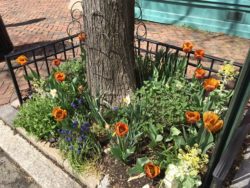 I used to buy a (very) few gardening books and would be discouraged after looking at them (enviously) because their photographs seemed unobtainable in real life. Besides my gardening fairy godmothers, the website Gardening Know How is my source for the limited information that my non-gardening brain can absorb. Their suggestions have made a visible difference for my two adoptees. Jody McGowan, my current gardening fairy godmother, totally dug out both tree wells and replaced the existing soil with organic soils from Organic Mechanics. This soil does not clump up and become clay-like when doused by torrential rains or too heavy watering by yours truly.
I used to buy a (very) few gardening books and would be discouraged after looking at them (enviously) because their photographs seemed unobtainable in real life. Besides my gardening fairy godmothers, the website Gardening Know How is my source for the limited information that my non-gardening brain can absorb. Their suggestions have made a visible difference for my two adoptees. Jody McGowan, my current gardening fairy godmother, totally dug out both tree wells and replaced the existing soil with organic soils from Organic Mechanics. This soil does not clump up and become clay-like when doused by torrential rains or too heavy watering by yours truly.
Trim away the lower branches of the tree whose home you want to share – cities are grateful and so are people who park beside them. It allows more light to filter down into the area. And surprisingly (I made this mistake years ago) do not create a raised bed. Trees actually have exposed roots for a reason. They need the oxygen to help the tree survive. You can create a small hole and fill it with organic compost and transfer an already established small plant as long as you don’t hit a large established root .Suggested seeds that will grow and then even haphazardly reseed the following years are Cleome, cosmos, coneflowers, morning glories, zinnias, marigolds, nigella, milkweed, butterfly bush and larkspur. Under my adopted trees this year are reliable sprouters cosmos, coneflowers and tithonia, plus rudbeckia, which, rumor has it, might drop mature seeds for next year. Stay tuned.
Seed Sources You May Not Know
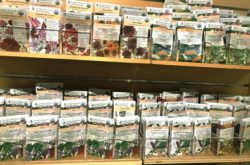 But back to my flinging seeds idea: The first two companies that pop out if you want to grow organic heirloom plants or seeds that are not prisoners of Monsanto and Sygenta are The Southern Exposure Seed Exchange and Hudson Valley Seeds. The Southern Exposure Seed Exchange locally is carried by MOMs. Their member farms are located not far from here, between Charlottesville and Richmond. They carry hundreds of seed types for vegetables, flowers and even grains or cover crops. Their focus as the name indicates are plants that thrive in the Mid-Atlantic and Southeast US. Over 60 percent of their seeds are certified organic. I also admire them for participating in lawsuits against the death grip that Monsanto has on farmers.
But back to my flinging seeds idea: The first two companies that pop out if you want to grow organic heirloom plants or seeds that are not prisoners of Monsanto and Sygenta are The Southern Exposure Seed Exchange and Hudson Valley Seeds. The Southern Exposure Seed Exchange locally is carried by MOMs. Their member farms are located not far from here, between Charlottesville and Richmond. They carry hundreds of seed types for vegetables, flowers and even grains or cover crops. Their focus as the name indicates are plants that thrive in the Mid-Atlantic and Southeast US. Over 60 percent of their seeds are certified organic. I also admire them for participating in lawsuits against the death grip that Monsanto has on farmers.
Hudson Valley Seeds packets, which is the brand I bought from Mason & Greens, will be my experiments this year. Owner Anna Marino said “on top of bringing plastic free goods to our community, we love to foster a sense of reconnecting with nature. Nature, after all, is what we are fighting to save. Hudson Valley has their own organic farm where they produce much of what they sell. Their commitment to responsible seed production, growing organically, sourcing locally and sustainably and preserving crop diversity is why we chose to work with Hudson Valley Seed Co. The seed packets they create aren’t just full of seeds but stories of the seeds and their legacy. ”
experiments this year. Owner Anna Marino said “on top of bringing plastic free goods to our community, we love to foster a sense of reconnecting with nature. Nature, after all, is what we are fighting to save. Hudson Valley has their own organic farm where they produce much of what they sell. Their commitment to responsible seed production, growing organically, sourcing locally and sustainably and preserving crop diversity is why we chose to work with Hudson Valley Seed Co. The seed packets they create aren’t just full of seeds but stories of the seeds and their legacy. ”
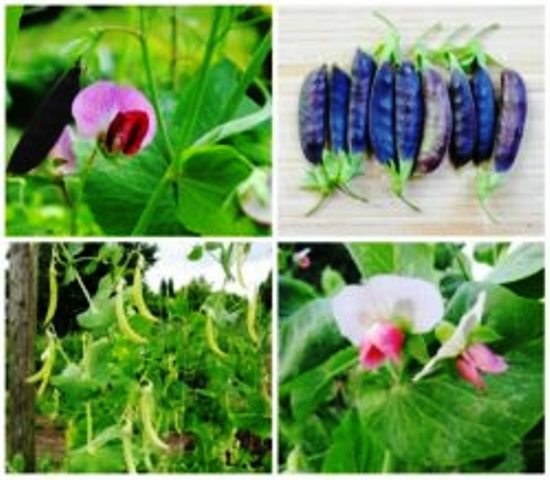 A very unusual and completely organic seed and tuber provider is Peace SeedsLive.
A very unusual and completely organic seed and tuber provider is Peace SeedsLive.The Giving Garden
Out of curiosity I have joined the Million Gardens Movement which was conceived by the founders of Modern Farmer and Big Green. They also have a much older Han Solo as a poster boy. This ingenious project is probably a pandemic byproduct where suddenly lots of people became interested in growing flowers, herbs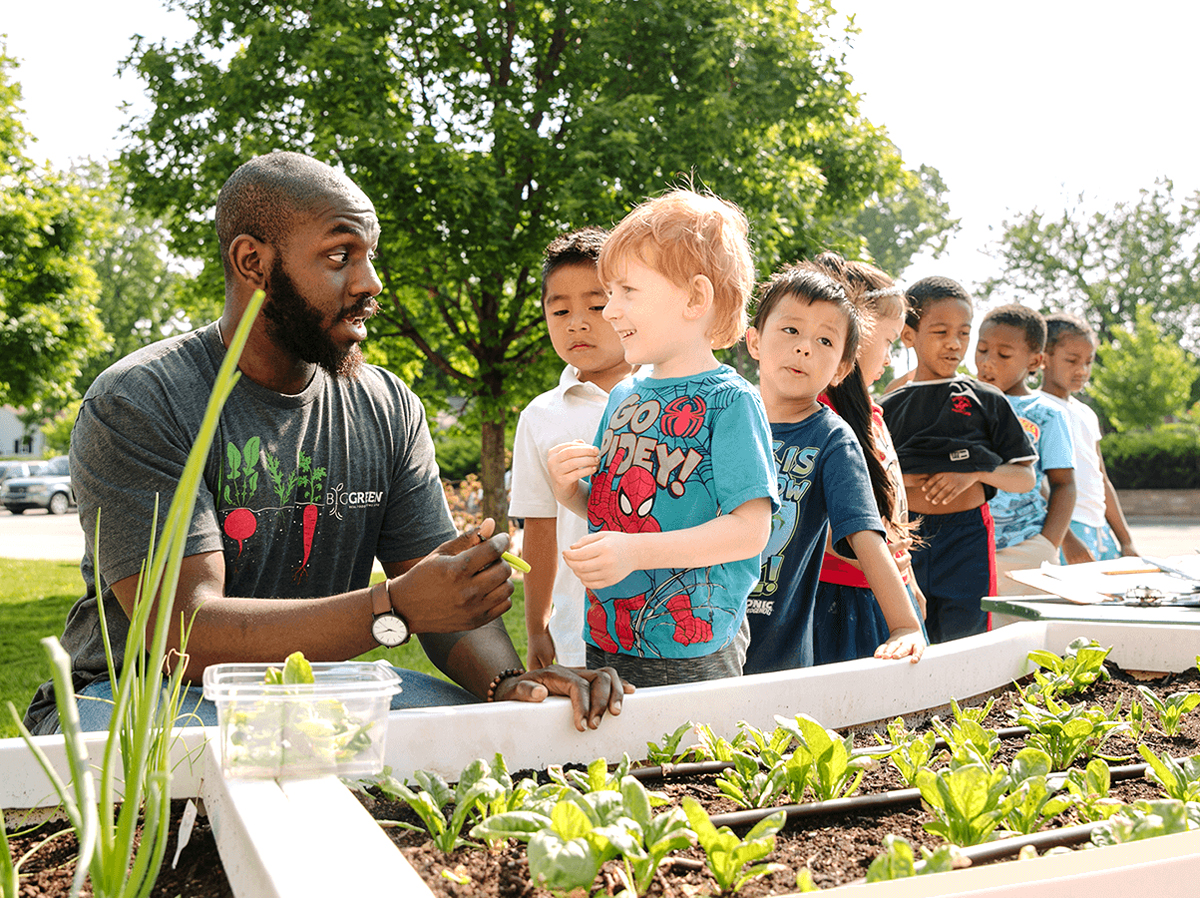 and food. One signs up to get guidance and updates on successfully growing seeds if you are all thumbs about plants. And your donation goes to setting up school garden and community garden kits with mentoring thrown in. I even took the exam and am proud to say that I am allowed to grow radishes and spinach considering my circumstances and level of ability. The Million Gardens Movement does speak to the larger picture of growing food and flowers to create communities where all participants survive and grow. This short video from the Canadian city of Surrey offers a fine example.
and food. One signs up to get guidance and updates on successfully growing seeds if you are all thumbs about plants. And your donation goes to setting up school garden and community garden kits with mentoring thrown in. I even took the exam and am proud to say that I am allowed to grow radishes and spinach considering my circumstances and level of ability. The Million Gardens Movement does speak to the larger picture of growing food and flowers to create communities where all participants survive and grow. This short video from the Canadian city of Surrey offers a fine example.
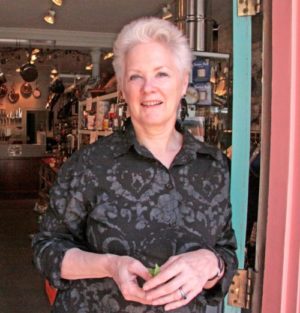
Kitchen Detail shares under the radar recipes, explores the art of cooking, the stories behind food, and the tools that bring it all together, while uncovering the social, political, and environmental truths that shape our culinary world.
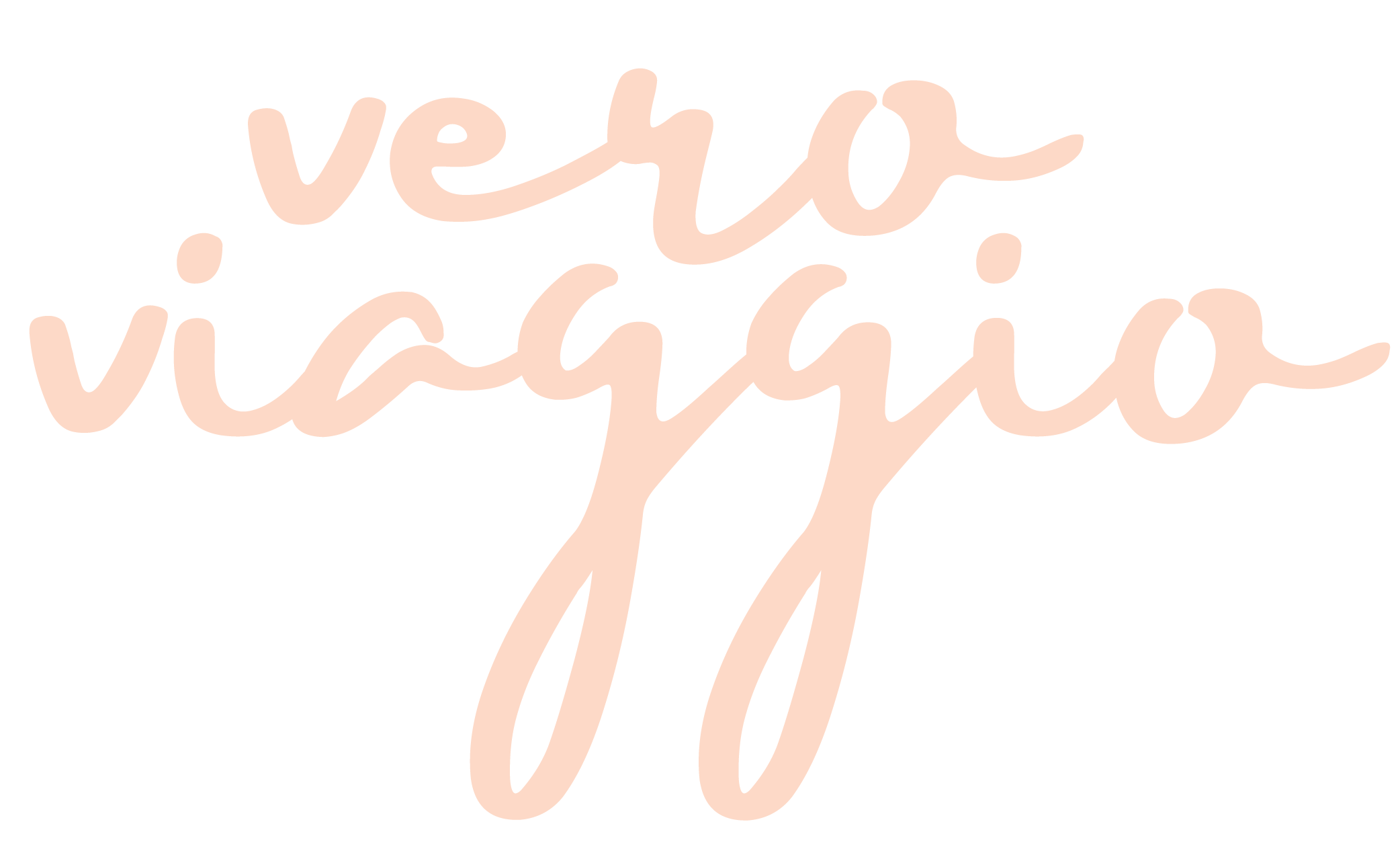



Glad you are gardening! Have enjoyed southern exposure seeds for vegetables and flowers. Chard is really beautiful too! Best of all though isusing native plants which provide food for pollinators that non natives often dont. Check out Alexandria House Park (madison and royal) for a park that has been replanting w natives. Nature by Design in alexandria is a good plant source. But for plants rather than seeds.
Fran,
I have gone through that park on my way to Alla Lucia many times and had not paid any attention to the plantings, nor did I know that it was maintained by the Alexandria House residents. We’re going over this week and am going to inspect closely the plantings! A friend of mine had recommended Nature By Design and also Earth Sangha and I wrote about them in this post
https://lacuisineus.com/juicy-post-guerrilla-gardening/
Nancy
Radishes and spinach are a step up from me at bush beans. LOL
Andrea,
Will have to share photos of our successes!
And thank you for the great resources in this article!!